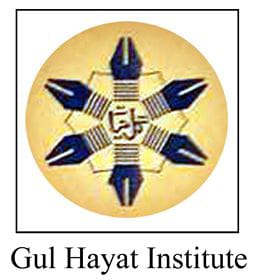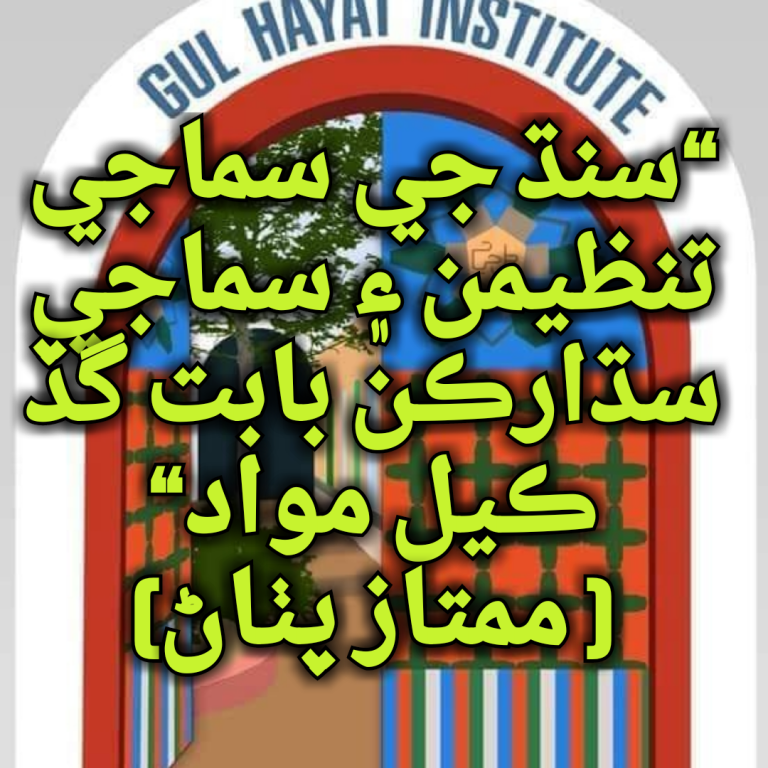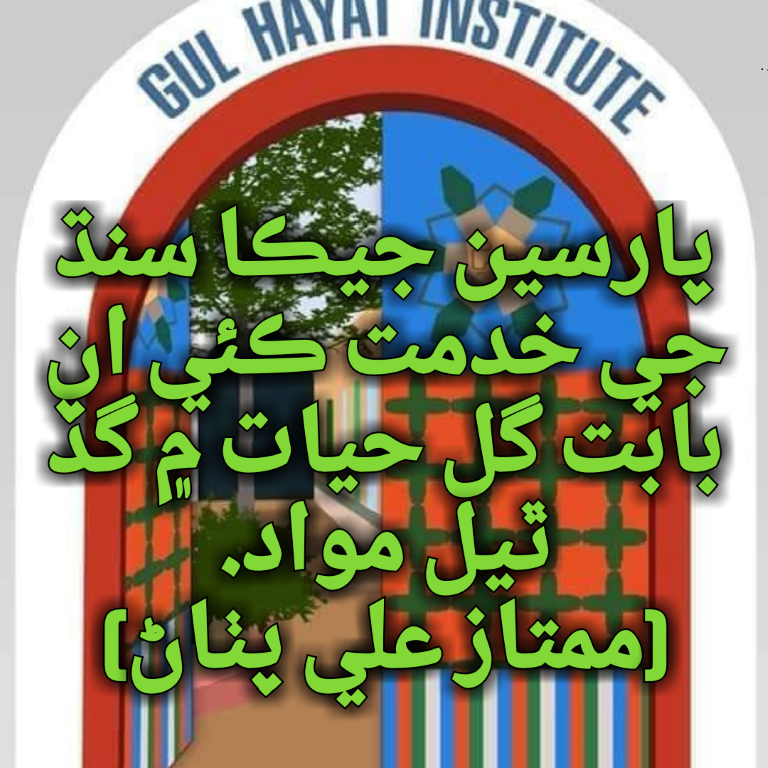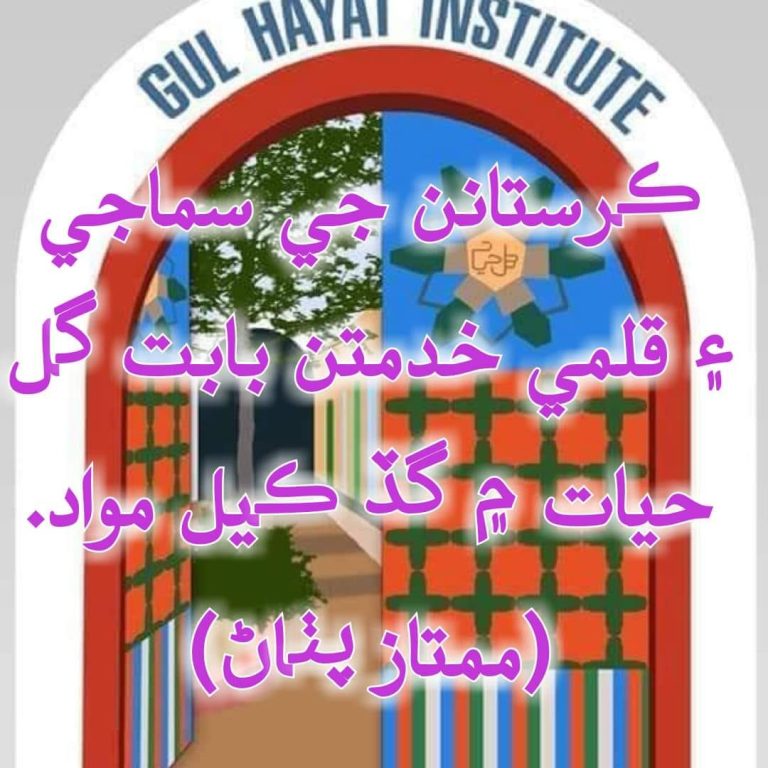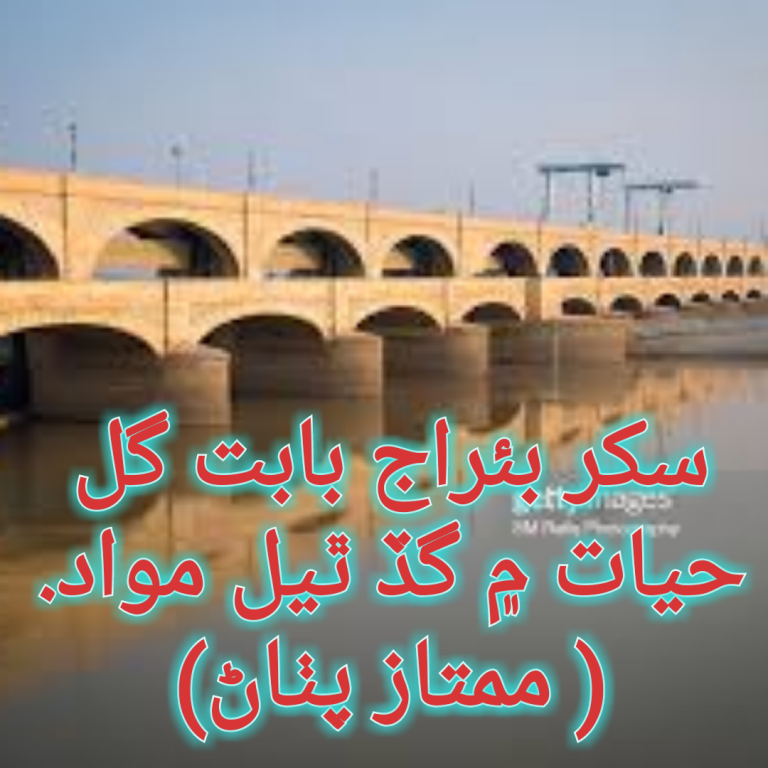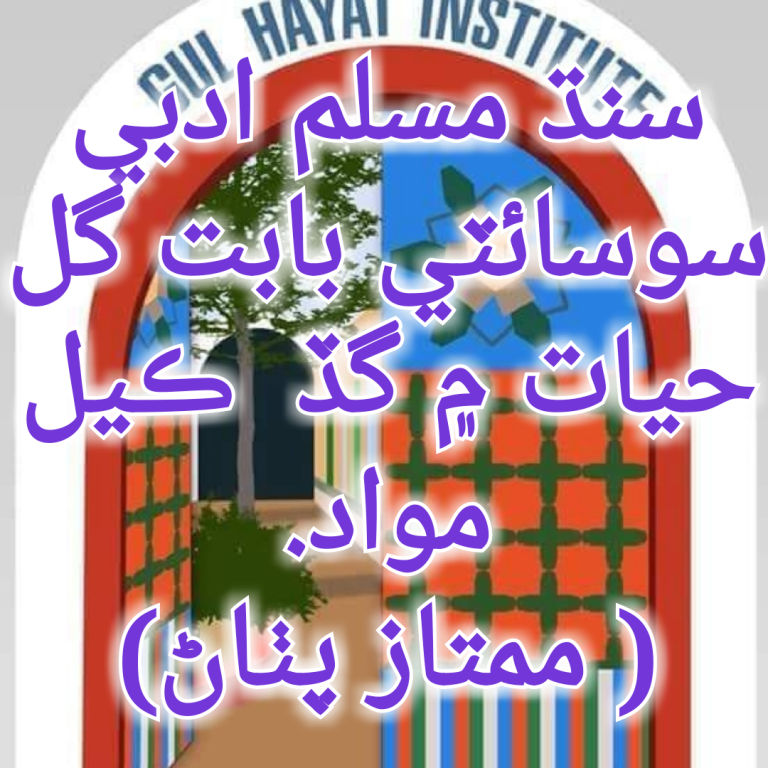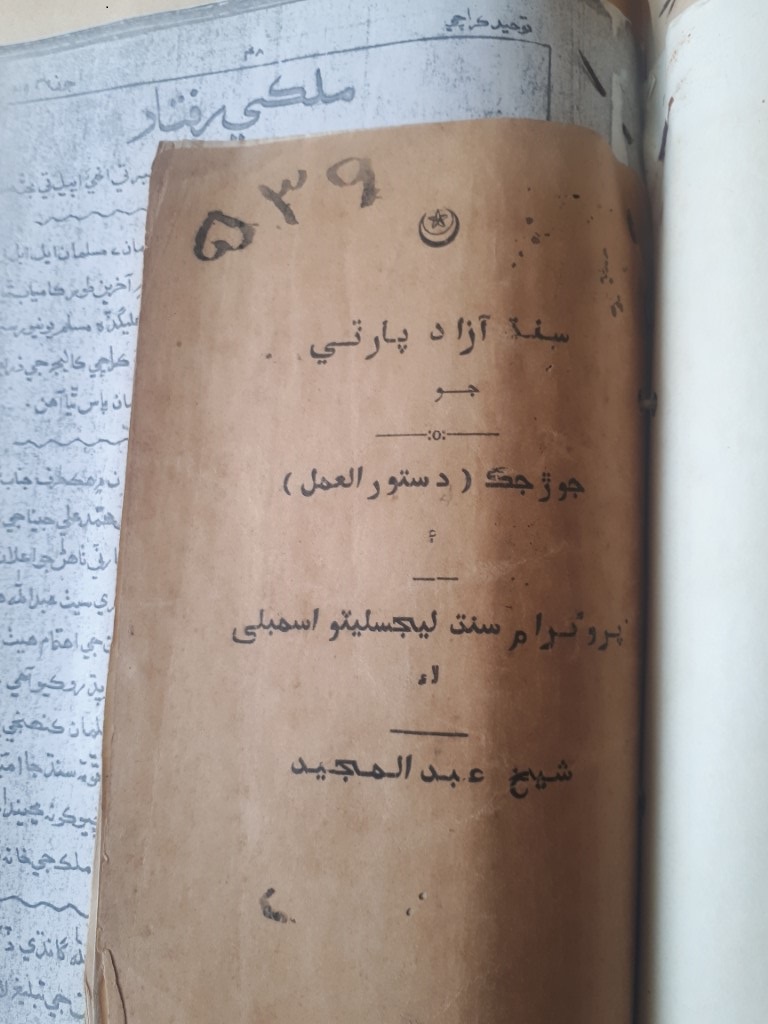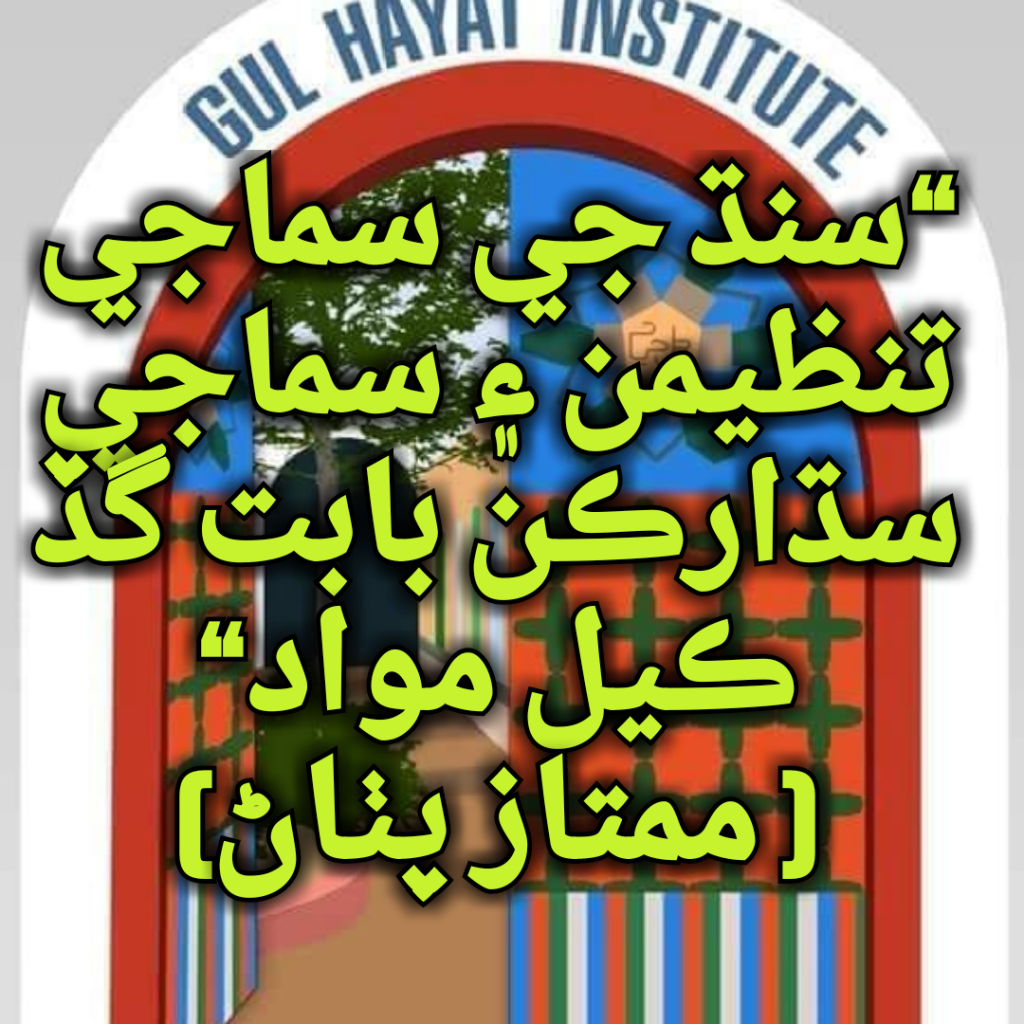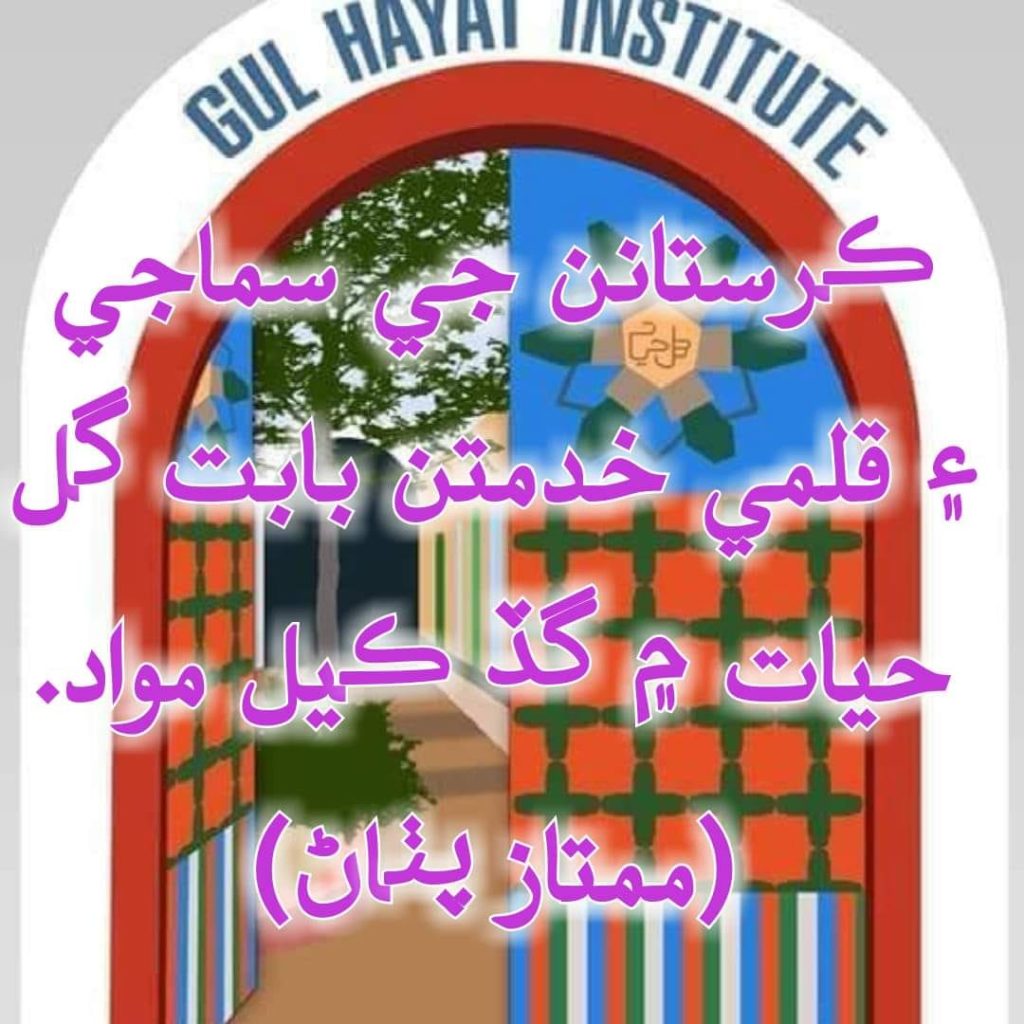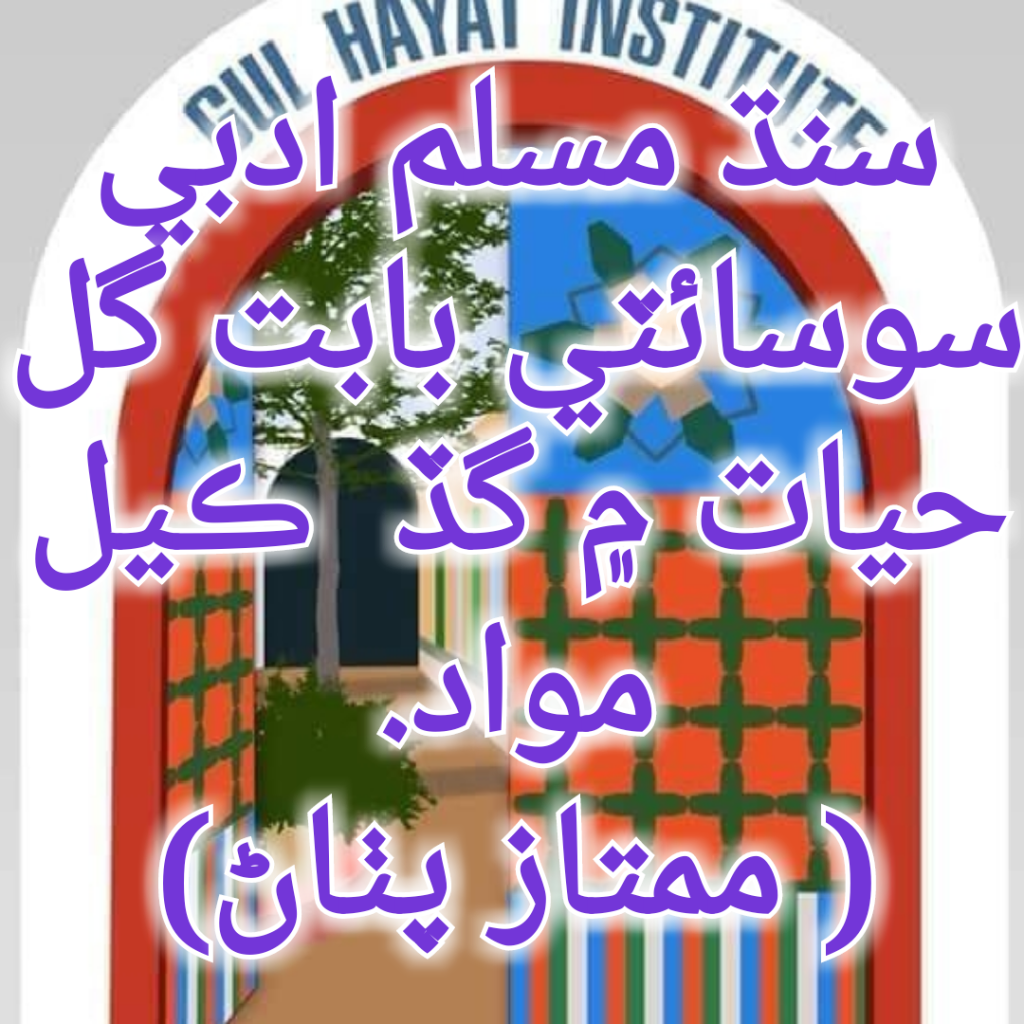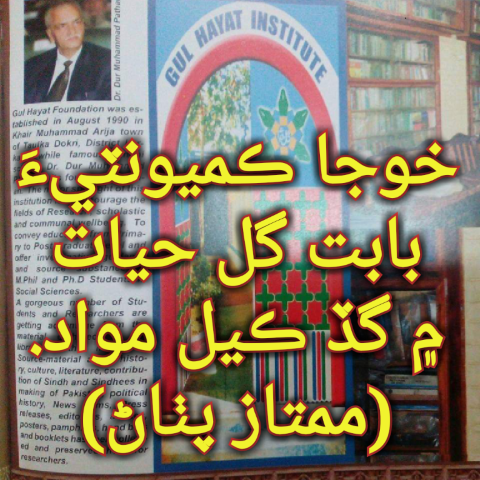Presidential Address by Shaikh Abdul Majid Sindhi
Kbilafat Conference Presidential Address
by Shaikb Abdul Majid: Ajmere
27 September, 1932
|
I |
n the course of his address Shaikh Abdul Majid referred to Mahatmaji’s [Gandhi’s] hunger-strike as a confession of the failure on his part to purge the majority community of the caste mentality by any other method. He asserted that unless and until caste system was wholly penalized, there was no prospect of saving the country as a whole or the Hindu society from disruption in water-tight compartments, even with Joint Electorates which during the last twenty years were more or less run on caste lines. He declared that though the Musalmans had staked their Fourteen Points for the sake of the Depressed Glasses, yet he would be glad if some amicable settlement were to be arrived at between the two sections of the Hindu community in order to save Mahatmaji’s life. When there were separate schools, separate hostels, separate hotels, separate wells, separate cremation grounds,, separate marriages, separate temples and separate languages, was there any wonder, he asked, that there should be a demand for Separate Electorates?
Referring to the insistence of the Muslim community on the retention of Separate Electorates, Shaikh Abdul Majid said that there was no other choice left to the Musalmans. But the responsibility for rejecting the Joint Electorates wholly rested with the Hindu community who would never tolerate the statutory majorities of the Musalmans on population basis in some of the Provinces. Even now if Hindus would agree to Statutory Muslim Majorities on population basis, adequate weightage for Muslim Minorities, separation of Sindh and other innocent cultural and religious safeguards, the door of negotiations for an amicable settlement with the Hindus was open on the basis of Joint Electorates with the hope that there would one day be one Nation and one Electorate. But Musalman majorities must get their fullest quota of representation on population basis and the Musalman minorities of India their full weightage.
Discussing at length the future goal of the Musalmans of India, he preferred equal partnership for India within the Common wealth of British Nations with His Majesty the King Emperor and his descendants as the hereditary and constitutional custodians of this Common wealth. He further opined that the Imperial Conference be converted into an Imperial Legislature which may pave the path for the League of Nations to establish an International Legislature for the nations of the world. He at the same time asserted that in an India completely independent of British connection, the Musalmans have nothing to fear from the Hindus. They will be quite in a position to hold their own and protect their own interests, but practical statesmanship dictates a course that is possible of achievement. The Hindu is bent upon having domination in India with the aid of British bayonets and the real problem before the Musalmans is how to save himself [sic.]: from the combined domination of the Britisher and the Hindu. This can only be done if the Musalmans definitely adopt responsible government within the British Empire as their goal and at the same time insist on the achievement of their legitimate demands. Proceeding, the President characterized the present war between the Congress and Government as a war for domination over each other and the rest of the country to the detriment of the interests of the vast majority of its population. He said that the Musalmans had refused to be a party to this war which was an unholy war with sinister aims on both sides. The Congress aimed at domination and the Government wanted to crush the Congress. He suggested peace in the interests of humanity at large, in the interests of England and in the interests of India.
He gave tentative proposals for a lasting peace as follows:
1. Civil Disobedience Movement to cease at once.
2. Declaration by the Government that the responsibility in the center and in the province will be introduced simultaneously, the safeguards to be mutually agreed to in the Third Round Table Conference.
3. The Congress leaders to co-operate with the Government in putting down violent outrages and outbreaks.
4. Withdrawal of Ordinance Bill by the Government
5. Participation of the Congress in the Third Round Table Conference.
6. Release of Civil Disobedience Prisoners.
For the Hindu-Muslim settlement he suggests to [sic.] alternative formulue [sic.]:
1. Reservation of seats on population basis for all the communities in all the Provincial Legislature [sic.] with separate Electorates.
2. Reservation of seats on population basis for the Muslim majorities and existing weightage plus one-third of the existing nominated seats for Muslim minorities in the Provincial Legislatures with Joint Electorates throughout India.
One-third Muslim representation in the Federal Legislatures [sic.], separation of Sindh introduction of reforms in British Baluchistan, residuary powers to lie with the Provinces, due share in Central and Provincial Cabinets and Services and religious and cultural safeguards form [sic.] the necessary parts of both the proposals.
If no assurance is given to the Musalmans about the separation of Sindh simultaneously with the inauguration of the New Constitution, if British Baluchistan is denied the reformed Constitution, if the European Community in Bengal does not see its way to forego a few seats to restore the Muslim majority in Bengal as was agreed to between the minorities delegates at the Round Table Conference in the Minority Pact, the Musalmans of India should reject the Award and concert united measures for wrecking the New Constitution with all their might. The Award in the present shape is most unsatisfactory, disappointing and unjust.
About the condition of the Muslims in Native States, the President suggested the appointment of vakils on behalf of the Khilafat Conference to watch their interests and to get their grievances redressed by constitutional agitation. He expressed the hope that the day would not be distant when the Muslim world would find out some solution of the Khilafat question and elect a Khalifa accepted by all. Until then he would pay his homage to the exiled Khalifa. The Hedjaz should be converted into a Muslim international state, having for its chairman the ruler of the Hedjaz, whoever he might be. The functions of the Muslim International Assembly should be partly advisory and partly legislative, with the power of veto vested in the chairman.
The President congratulated the Musalmans of Palestine for having held the Muslim World Congress at Jerusalem and hoped that their efforts for the establishment of a Muslim University would be crowned with success, and he suggested that the next World Congress might be held in India, and that its constitution should be so modified as to make it workable and acceptable to all so far as possible. Such a Congress, he said would help the Muslim Nations to co-operate with one another in the common work of elevating the Muslims throughout the world.
Then the President gave a constructive programme for the Central Khilafat Committee which is briefly given here:
1. Revision of the constitution of the Central Khilafat Committee.
2. Re-organization of the existing committees and the establishment of new ones. Introduction of the principal [sic.] of life insurance in the Constitution of the committee and charging of four annas per every month or three rupees annually, the amount so collected to be given in equal shares to the heirs of the members who may happen to die in any month.
3. Co-operation with the other Muslim organization is in the country to form a single political organization of the Musalmans of India.
4. Encouraging the Musalmans to get their names registered in the next census as Musalmans, without giving any caste or race, with Islam as their religion.
5. To help the other Muslim organizations in the establishment of a Muslim Jurists Association, whose decisions in matters affecting the personal law of Musalmans should be regarded as final and to secure their recognition by the Government?
6. To frame a model Wakf Act with a view to its being passed by the provincial legislatures through the Muslim members of these legislatures.
7. To urge the Government to transfer the control of mosques and other sacred and historical monuments of the Musalmans to the control of the Muslim community, whenever such a demand is and [sic.] by the local Musalmans.
8. To establish night schools by making it necessary and compulsory on [sic.] each Khilafat Committee to establish at least one night school within its own town otherwise failing which it would not be recognized by the Central Committee.
9. To celebrate the anniversary of the late Maulana Muhammad Ali in co-operation with other organizations and to establish Joint Committees in as many places as possible for collecting a fund which may be handed over to the Jamea Millia, Delhi.
10. To enroll one volunteer per cent of the population under the auspices of the Local Committees.
11. To undertake a general propaganda for the furtherance of education, retrenchment in expenditure, eradication of social evils, opening of shops and grain shops in particular, curtailment of personal expenses, and to inculcate principles of religion and morality among the Musalmans.
12. To educate the electorate that it should elect true, hard-working and self-sacrificing Musalmans to the self-governing bodies and the Provincial and Central legislatures.
The President concluded by making a fervent appeal to the Musalmans of India to sink their petty differences and to unite.
